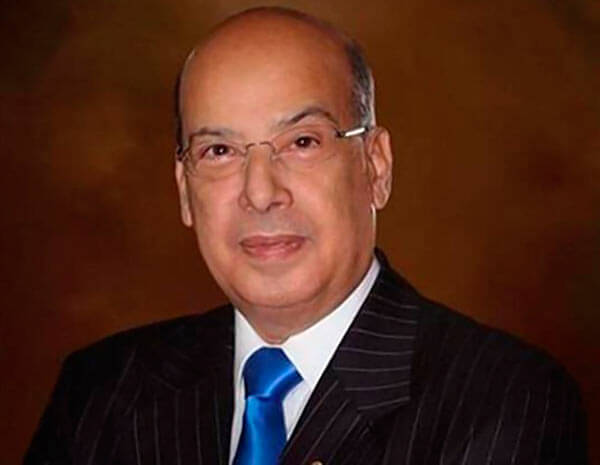There’s no doubt that his outstanding performance skills, as well as other natural gifts, propelled Harry Belafonte to the high-flying success he enjoyed as an entertainer decades ago. Equally is there no question about the immense credit to which singer-songwriter Irving Burgie is entitled for the major contribution he made toward Belafonte’s path to super-stardom.
Burgie wrote more than 30 songs that Belafonte performed. Their collaboration got going, back in the 1950s, with the sort of bang most folks only dream about. Of the 11 tracks on the iconic 1956 RCA Belafonte album, Calypso, Burgie wrote eight of them. Songs like “Day-O,” “Jamaica Farewell” and “Come Back Liza” performed by Belafonte on the album would be anchored as mainstays in the Belafonte repertoire for the remainder of his singing career. And Calypso would proceed to make history as the first album of any kind to sell a million copies. More of Burgie’s songs followed in later Belafonte releases.
Although born in Brooklyn, New York, Burgie came by this affinity for Caribbean-oriented folk material more or less genetically. His mother was Barbadian, and linkage to his mother’s cultural roots would manifest itself in work he subsequently produced. Burgie’s innate love of music, burnished by his studies at New York’s famed Juilliard School, pointed him toward entertaining professionally and, using the stage name Lord Burgess, he did the gig circuit between New York and Chicago as a folk singer. In 1954 he made his New York debut at the popular Village Vanguard, where Belafonte had already been part of the burgeoning community of folk music practitioners for whom Greenwich Village was a haven.
Among other familiar songs penned by Burgie are “Island in the Sun,” “I Do Adore Her,” “Angelina” and “Land of the Sea and Sun.” Apart from Belafonte, there have been other popular artists who have performed his material. “Jamaica Farewell “ has been recorded by Jimmy Buffett and Carly Simon. Folk heavywerights of yesteryear The Kingston Trio also took a liking to material turned out by Burgie, and notably performed three of his originals: “The Seine,” “El Matador” and “The Wanderer.”
Burgie’s admiration for his mother’s Caribbean homeland never seems to have waned, and two of his endeavors, in particular, attest to the bond he has felt with Barbados. He was inspired to write the book for an Off-Broadway musical, “Ballad for Bimshire,” in 1963, which ran for a couple of months. And in what was probably the most significant affirmation of his spiritual connection to his mother’s place of birth, he penned the lyrics for the National Anthem of Barbados in 1966, when the country was being granted its independence from the UK.
It has been estimated that the total of records which include songs written by Burgie, that have been sold world-wide, is more than 100 million. Small wonder that special recognition for his body of work came for Burgie in 2007 when he was inducted into the Songwriters Hall of Fame.
Having now gone past the age of 90, Burgie no doubt looks back on years of a level of accomplishment not very many can boast. That Caribbean roots factored quite a bit in those large footprints he made surely is worth cheering about.
























